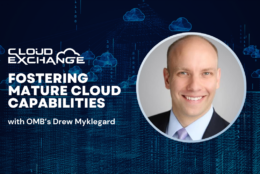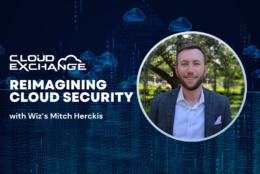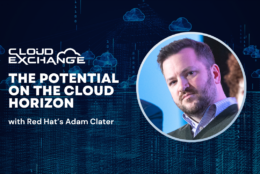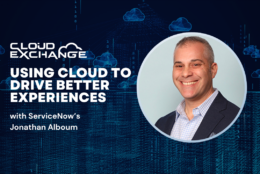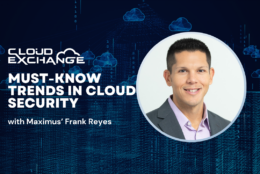Cloud Computing
-
DOE, FDIC and DHS tech leaders of the CIO Council’s Innovation Committee collaborate with agencies on how to think differently about operations and technology.
June 26, 2024 -
OMB’s deputy federal CIO says the government aims to ensure parity with the commercial sector by modernizing policies like the one for cloud security.
June 25, 2024 -
Genesys' U.S. public sector vice president offers actionable insights on improving CX through agent assist technology and cloud.
June 25, 2024 -
Former White House official says agencies are in the midst of a “culture change” when it comes to cybersecurity.
June 20, 2024 -
Agencies need to prepare for the fact that when they go to the cloud, there’s a shared responsibility for protecting the data, Rubrik's public sector CTO says.
June 20, 2024 -
CESER's work with cloud service providers comes amid growing threats to critical infrastructure, as well as questions about cloud security responsibilities.
June 19, 2024 -
Red Hat’s chief architect for North America public sector says agencies increasingly rely on cloud service providers to meet their infrastructure needs.
June 19, 2024 -
ServiceNow federal CTO says expanding use of AI and advanced CX will help with gaining public’s trust in government’s digital services.
June 17, 2024 -
Aboard the U.S.S. Abraham Lincoln, the Navy is figuring out what's possible when is has enormous data pipes that have never before been available to ships.
June 17, 2024 -
The Maximus cloud expert offers how to use FinOps to manage cloud costs not stymie innovation.
June 13, 2024 -
Multi-cloud, if approached with foresight, can be the solution agencies need to deliver flexibility, scalability and cost-savings across their enterprise.
June 13, 2024 -
The software and infrastructure leader at Maximus shares why agencies need to revise cloud security tactics.
June 12, 2024 -
Agencies need to understand their data and current legacy system architecture before moving applications to the cloud, advises Splunk cloud solutions architect.
June 12, 2024 -
Skill gaps in cloud technologies are holding back agencies, but artificial intelligence promises to help, says Pluralsight's chief cloud strategist.
June 09, 2024 -
Palo Alto Networks Prisma architect says agencies need to be “a lot more intentional” about scaling their cloud cybersecurity alongside their cloud operations.
June 06, 2024


